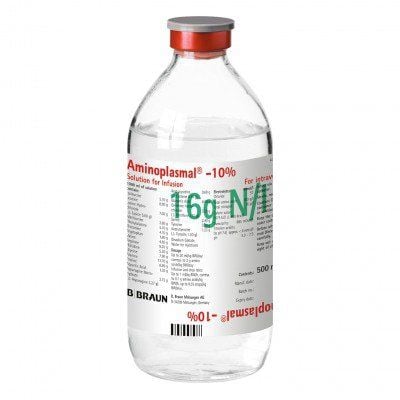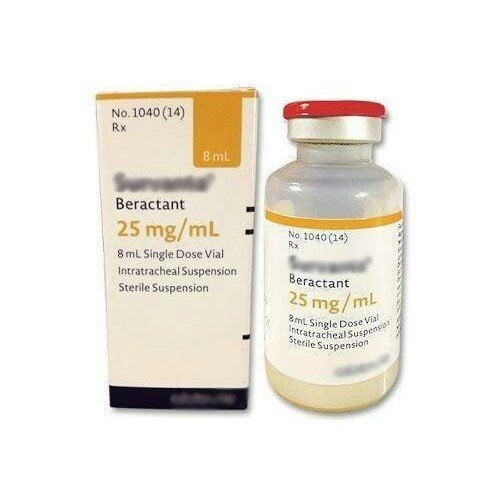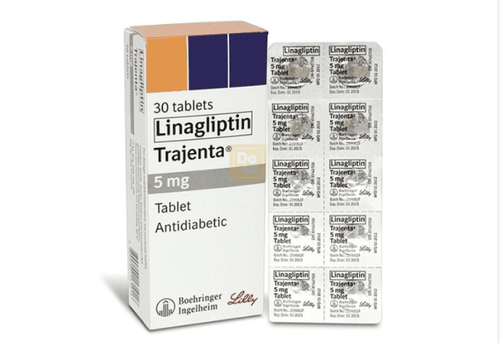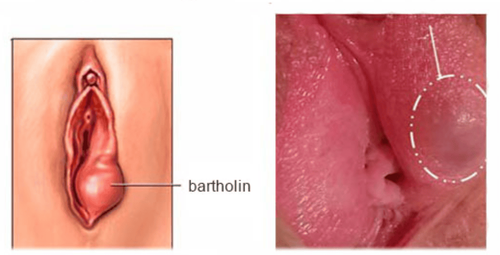This is an automatically translated article.
The article was professionally consulted by Specialist Doctor I, Resident Doctor Dang Thi Ngoan - Pediatrician - Neonatologist, Department of Pediatrics - Neonatology - Vinmec Ha Long International General HospitalAlthough, hypoglycemia may only occur transiently in the early postpartum period, but if not detected and treated early, it will cause unpredictable complications. So to avoid the condition of the disease from worsening, what should parents do when the infant has hypoglycemia?
1. Which infants are prone to hypoglycemia?
Neonatal hypoglycemia usually occurs when a baby is born a few hours, blood sugar levels drop. Although these cases are not dangerous, it is when children are detected early and treated promptly. Otherwise, it will greatly affect the health and brain development of children.
Newborns with hypoglycemia are mostly those born prematurely, with a sudden drop in body temperature, infants with infections, or those with a higher weight for gestational age. In addition, the baby will also be affected right from the time he is in the womb, if the mother has gestational diabetes.
2. Causes of low blood sugar in babies
There are many causes that are diagnosed leading to neonatal hypoglycemia, which can be specifically listed as follows:
2.1 Hypoglycaemia due to high insulin in the blood During pregnancy, the pregnant woman's body suffers effects of diabetes. Due to congenital factors Secondary insulin rise Sudden high blood glucose level is wrong. Umbilical artery Catheter is misplaced There is a tumor that increases Beta cells, which produce insulin. 2.2 The process of glucose production and storage is reduced Occurs in premature babies, growth retardation while in utero, inadequate nutrition, too late feeding.

Maternal stress after giving birth Inborn metabolic disorders Hormonal disorders Due to human Mother using drugs with beta-blocking function
3. Signs to recognize and how to treat hypoglycemia in babies
3.1 Signs to recognize low blood sugar in babies Usually, newborn babies have low blood sugar will occur 3 - 48 hours after birth. At this time, some signs begin to appear:
The child's body temperature drops quickly. The skin becomes pale and purple. The hands and feet show signs of being cold. Symptoms of abdominal pain, vomiting, hunger pangs, difficulty suffering, crying non-stop Irregular breathing, fast, fast and stronger breathing Cases of convulsions, coma are the most severe signs According to statistics, up to 41% of cases of premature babies with low birth weight less than 2.5 kg have neonatal hypoglycemia. Experts say that this disease can seriously affect a child's brain and nerves. Therefore, parents must always monitor, if children see the above signs, they must take timely intervention measures.

4. Directions for treatment of neonatal hypoglycemia
It is important to note that for babies after birth, especially premature babies at the age of 35 - 36 weeks, mothers need to breastfeed as soon as possible after birth. If you do not need to be given a sugar solution (Glucose 10%: 6 - 8 mg/kg/min) by your doctor, to increase blood sugar. Only in this way can we ensure the best possible child care.The case in older children, whenever the family finds out that the child has signs of hypoglycemia. Children should eat immediately, food for children can be flour, porridge, milk... In the following days, parents should divide meals, feed children into many meals divided evenly during the day.
More severe cases or for premature babies should also conduct fluids. Children with signs of hypoglycemia should be given 10% glucose intravenously (2-3ml/kg Glucose 10% over 1 - 2 minutes), with a booster injection if necessary. After that, continue to maintain the infusion until the child's blood sugar returns to normal and stabilizes completely. In addition, it may be necessary to increase the glucose concentration or increase the dose of infusion to ensure that the child's blood sugar is always at a normal level.
Newborns with low blood sugar are extremely dangerous, so parents need to pay close attention. Always equip the necessary tools in the house such as blood glucose meters, blood pressure monitors, thermometers... to be able to regularly monitor the health of your children. In case the family notices that the child has any abnormal signs, possibly having neonatal hypoglycemia, it is necessary to immediately take the child to the nearest medical facility to be diagnosed and treated by a doctor. timely treatment, avoid unfortunate situations that may happen.
Always receiving positive reviews from experts and customers, now Pediatrics is a key area of Vinmec International General Hospital, when converging a team of leading pediatricians including experts in pediatrics. leading experts with high professional qualifications (professor, associate professor, doctorate, master).

Please dial HOTLINE for more information or register for an appointment HERE. Download MyVinmec app to make appointments faster and to manage your bookings easily.














